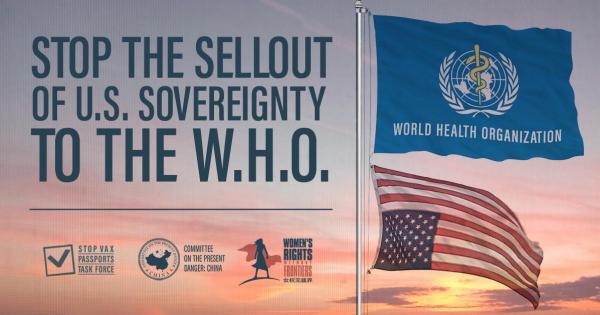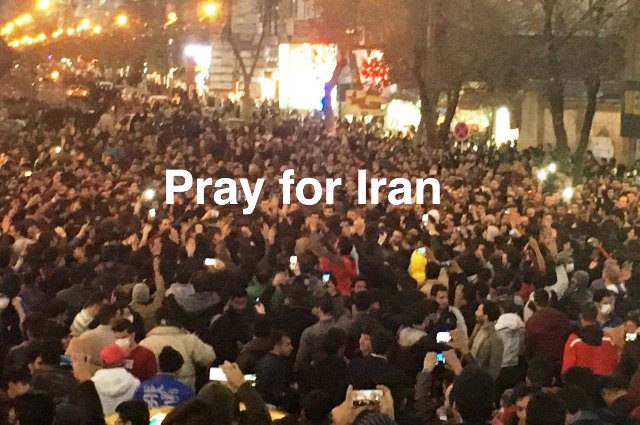
Father Richard John Neuhaus, one of the founders of the Institute on Religion and Democracy, and of First Things, said famously “Christians have no right to despair, because despair is a sin. And Christians have no reason to despair because Christ is risen!”
I shamelessly borrow from the late Fr. Neuhaus and say “Christians have no right to identity politics because identity politics are idolatry. And Christians have no reason to utilize identity politics because we find our identity in Christ.”
If that’s true, then why have identity politics made such huge inroads into the churches? Why was the first impulse of many churches, following the death of George Floyd and the resulting violence and riots, to sponsor dialogues and book studies about racism? To align with the Marxist Maoist Black Lives Matter movement? And to confess the sin of racism and “white privilege,” not to God, but to cancel culture bullies? These actions embrace Marxist identity politics and race theory far more than they do the Gospel.
One answer is that some churches no longer believe the power of the Gospel to break down the dividing walls of hostility and to transform hatred into love. Also, some churches have become so politically correct they will not go against the prevailing narrative. But that’s not all. Another reason I’ve come to hear quite lately is that church leaders are afraid of countering fake narratives – whether about systemic racism, white privilege, or how evil Donald Trump is – because they’ll lose people. They are particularly concerned that Trump-supporters are driving young people away from Christ.
If you walk away from your faith because of Christians supporting President Trump, you (both the young people and the churches) have bigger problems than President Trump.
First, as mentioned above, and especially since the 2020 election, not so many Christians support the President openly, if at all. Some whisper to me that they like what I say on Facebook, but they could never post it themselves.
They have good reason. Most of us who’ve supported the President and/or conservatism have been pretty much told to keep our mouths shut. I’m taken back to the first. . . and second. . . election of President George W. Bush. I was told to be “sensitive to those who have different political views” and were “crushed” by the results of the election when I was rejoicing over the work of President Bush to help my friends in Sudan and to protect our nation after 9/11 (neither of which, obviously, benefited me personally).
Second, I would offer that some young people haven’t been properly catechized. Some are moral therapeutic deists at most. This means that being a Christian means “being nice.” Some do not know why they should believe what they believe. That’s why — it used to be, at least — some young people are pro-life. Because it’s mean to kill babies. But many are even losing that principle now through the cancel culture built into identity politics. And of course the media has told them over and over that not only is Orange Man is bad, he’s mean.
Third, they’ve swallowed the concept that people are not allowed to have differing opinions. That speaking truth is hate speech. And that speech is violence, while violence is just.
Points two and three are connected by what I said in my intro, that identity politics is idolatry. Having the appearance of godliness but denying its power. Joshua Mitchell of Georgetown University has written brilliantly about identity politics in various places, including IRD’s own foreign policy journal, Providence. But this is from Josh’s article in July for First Things, “A Godless Great Awakening.”
Mitchell says: Identity politics is an American Awakening without God and without forgiveness. Like Christianity, it seeks to overcome the curse of death. Like Christianity, it seeks to overcome sin. Like Christianity, it recognizes that the problem of sin is deeper than the problem of death, and has precedence over it.
He continues, Identity politics does not overcome sin, as Christianity does, through Christ, the sacrificial scapegoat who takes upon himself the sins of the world. Identity politics overcomes sin by offering up a mortal scapegoat: the white heterosexual man, who, if sacrificed and purged, will cleanse the world of stain.
Says Mitchell, If sin brought slavery to America, then no fig leaf declaration that “black lives matter” will undo whatever wounds remain. A wound that originates in the darkened heart of man must also be healed there. Identity politics provides a cheap shortcut to redemption, a fig leaf that hides man from his own darkened heart. “Say this and you will be counted among the cleansed.”
Nothing could be farther from the truth, even from the truth within that false construct of identity politics itself. There is no redemption. The idol of identity politics is a false god and leads only to endless despair and increasing levels of cancellation of those who do not submit.
The Church should, and does, know better than this. The Church is to be a life-giving alternative to the emptiness of identity politics. She should look with holy defiance at the threat of being cancelled by the culture because she finds her identity as the Bride of Jesus the Messiah who, St. Paul declared, has “canceled the record of debt against us and nailed it to the Cross.”
The godless great awakening of cultural Marxism and identity politics is no awakening at all. It is an evil enchantment. The world needs desperately for the Church to rise from fear, apathy, and slumber to be who she is called to be and see lives transformed by the power of the Resurrected Lord. May we pray without ceasing until we see that day come!












